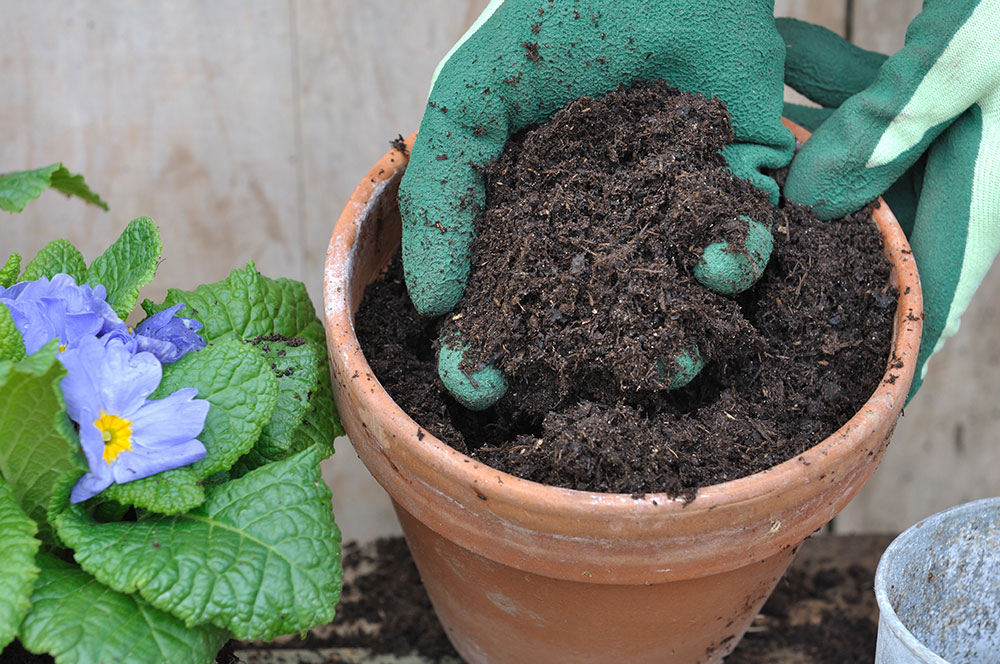Advertisement
The soils you utilize for your plants to grow well are very important. It would be best to choose proper soil for your garden to get the necessary nutrients. In general, your plants require good nutrition because they want to spread the roots while taking water and proper vitamins. Yet, we sometimes refer to the oil in our garden raised beds as “dirt”, and that is entirely unhelpful. Well, that is not true. Try to avoid these words because these soils are really from organic matter.
There are two soil options: garden soil vs potting soil. These products are good-quality organic materials and provide healthy plant roots to your plants to grow strong. Both garden soil vs potting soils should have a proper place in your garden. If you learn more about garden soil and potting soil, you will know which one would work better in your garden and what plants to use.
Garden soil
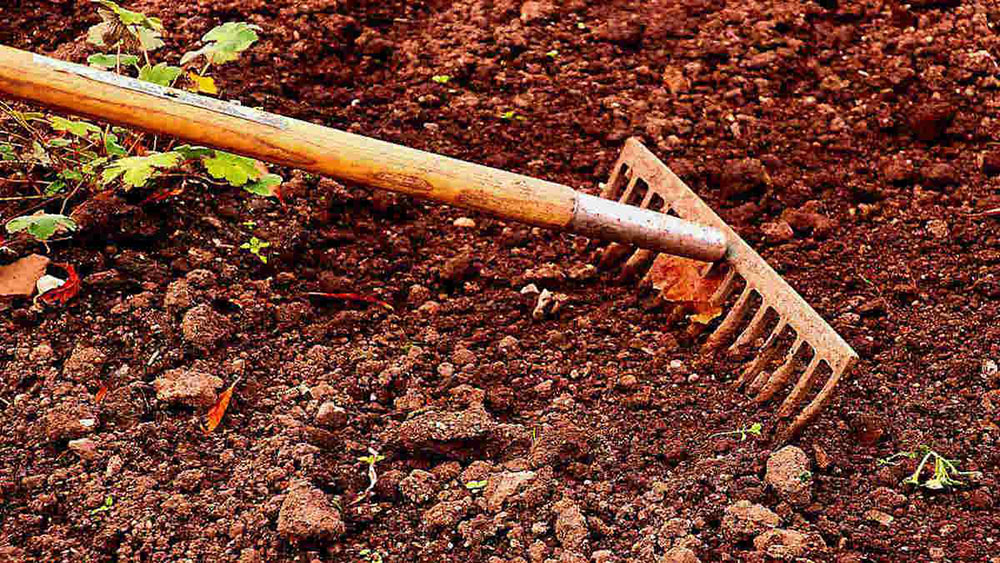
Garden soil is usually used for outdoor plants growth. The first thing that comes to your mind when you mention gardening is garden soil. Various types of garden soil are available on the market. You can buy the one that suits your needs, and you intend to use it. Garden soil contains significant ingredients such as manure and compost manure.
A garden soil, when mixed with other different products, help gardeners to grow their garden products. Various types of this garden soil are specially made for particular plants. Nevertheless, this garden soil is usually a little clumpy, heavy, and dense.
Potting soil
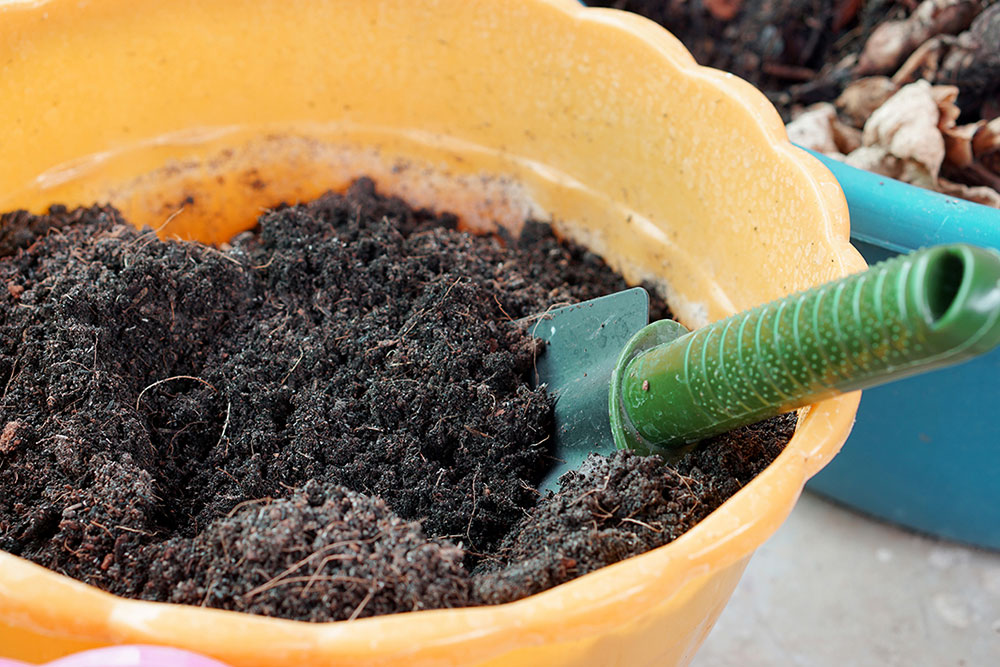
Potting soil is specially made for vessels and boxes. If you plan to grow plants and crops in containers or pots, potting soil is the right choice. The critical thing to know about potting soil is that this soil is not precisely soil. People just use this name because plants grow with it and it is pretty related to natural soil. We recommend using potting soil if you plan to raise vegetation and crops in your pots or containers.
This soil is also known as a potting mix because it is a blend of substances like coir, perlite, compost, moss, bark, and sphagnum moss that have a purpose to help in growing plants in a container. It also contains a lot of air, and it drains as it pulls in. This process is helping the plants to breathe and grow. Since it is full of air, light, and fluff, it is pretty easy for growing roots and develops in potting soil.
Differences between garden soil vs potting soil
There are many differences between garden soil vs potting soil that you should know before buying one of them. We provide you with the most significant differences between these soils:
Composition of potting soils
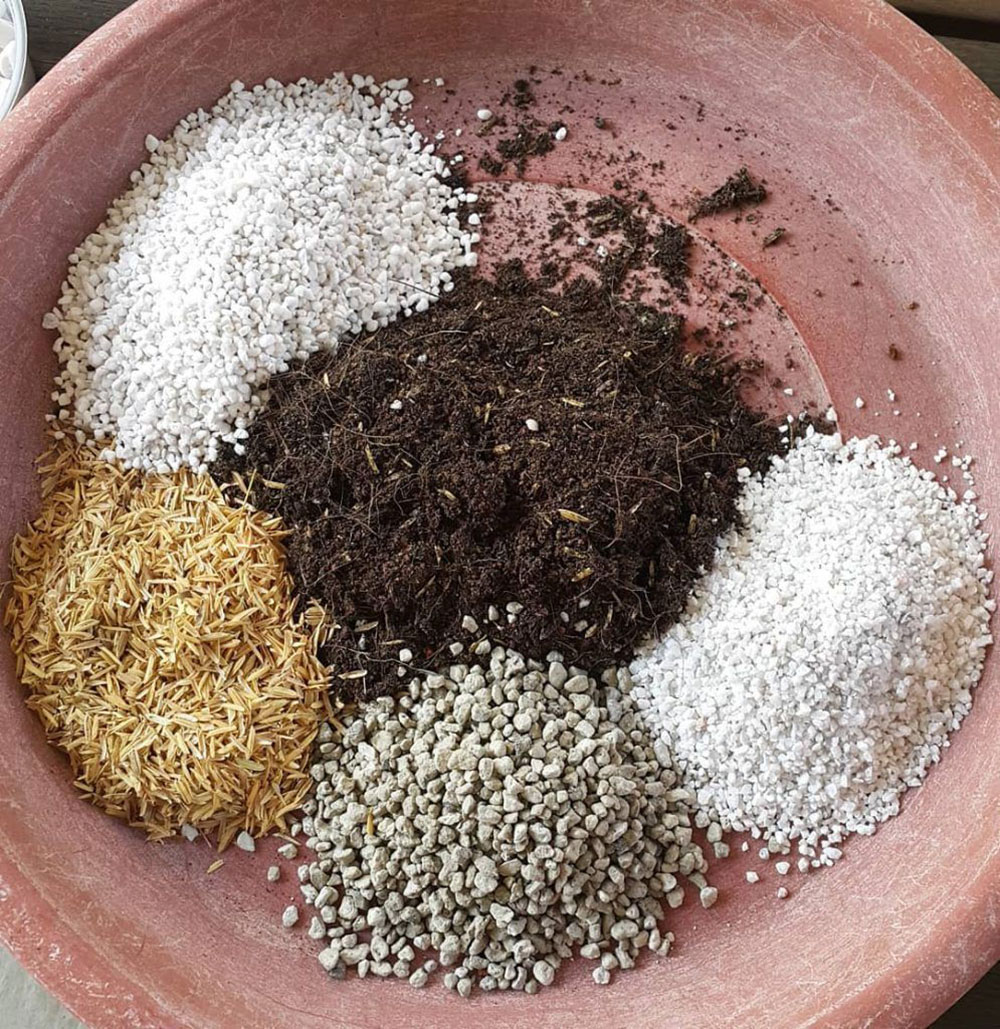
The first significant difference is the composition of garden soil and potting soil. As we can see, their names tell you a lot. Potting soil is made for containers, while Garden soil contains soils naturally occurring in flower and garden beds.
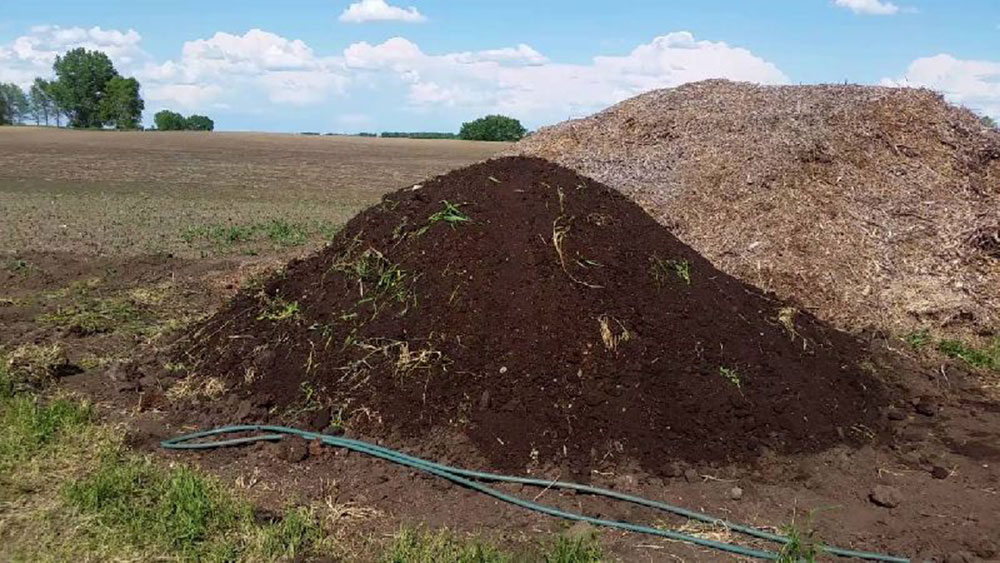
Garden soil is wealthy with nutrients that are leftover from animals and plants for thousands of years, while a potting mix contains different components, including bark, moss, plant matter, vermiculite, and leaf mold.
Potting soils Textures
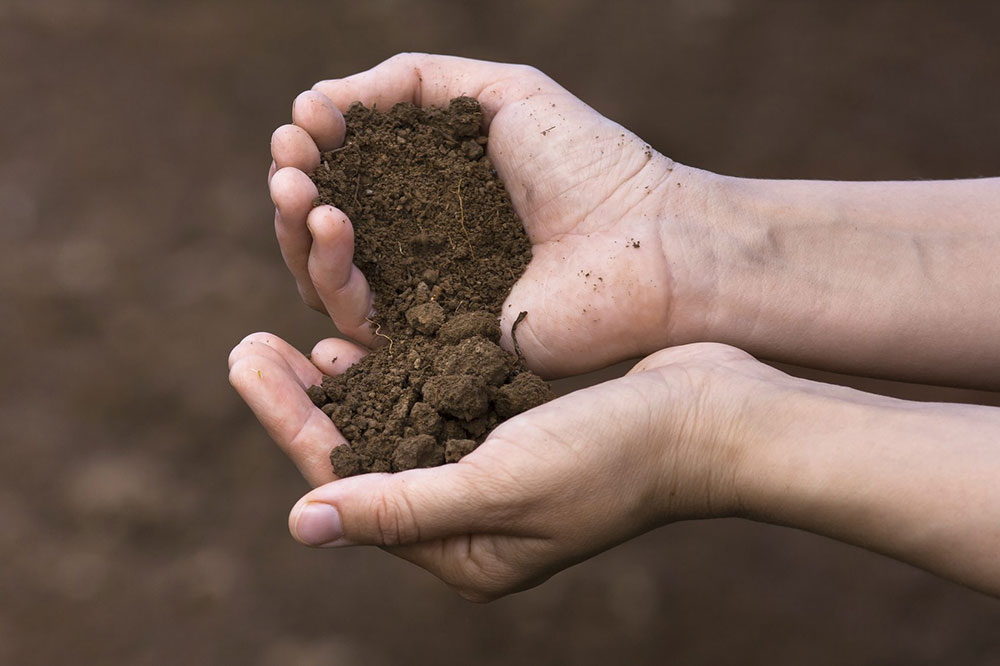
Potting soil is different from gardening soil regarding appearance. Garden soil is heavier than potting soil. On the other hand, potting soil is easy to manage and light. The mix of organic material that the potting soil contains leaf mold or vermiculite allows both air and water to flow through the soil while retaining enough moisture to nourish the plant. On the other hand, garden soil lets the water drains rapidly. It is the reason why it makes garden oil adequate for outdoor gardening.
Potting soils Pricing

Potting soil’s price is three times higher than garden soil. It is because of potting soil process and various distinct ingredients. The price of the potting bag costs from $5 to $25. So, you should know the price difference when choosing proper bag soil.
The use of potting soils
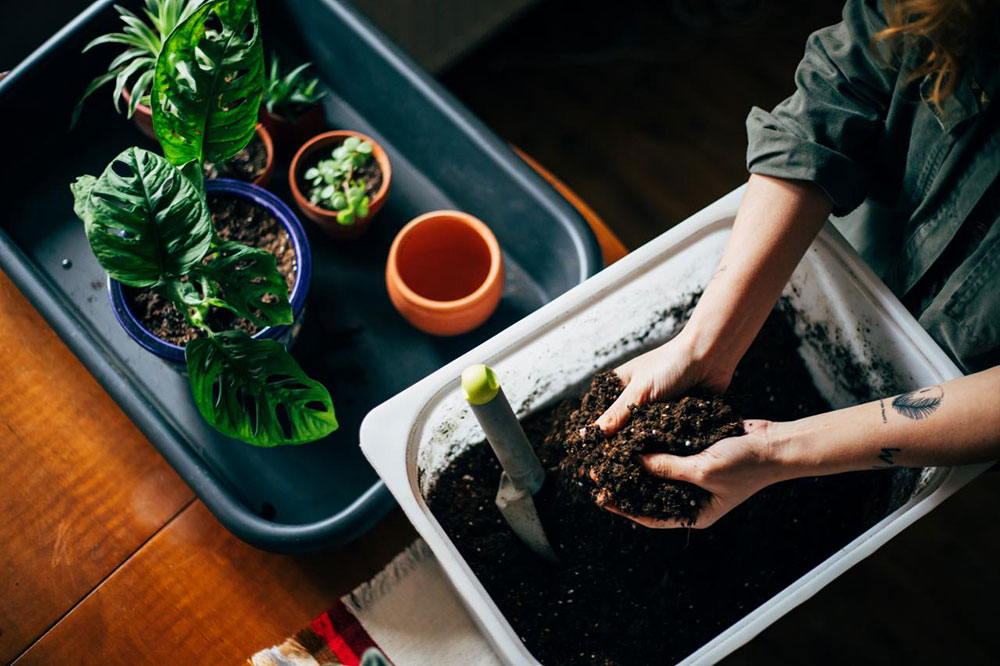
For those who have kids, potting soil is truly recommended garden indoors. Why? Because garden soil contain infectious organisms hazardous for humans around them. However, if you use a sterilized potting soil, it will decrease transporting pathogens’ danger throughout your house. The garden soil that is sterilized withholds microbes from the ordinary natural garden soil.
The microbes’ potting mix contain various types that help plants take up water and nutrients from the soil. Potting soil manufacturers sterilize the potting mix with chemicals or heat to eliminate all possibly dangerous microbes that can damage weed seeds. Potting soil does not contain useful microbes for plants growing, but it includes plant food.
Wide range of Characteristics of Garden soil vs Potting soil
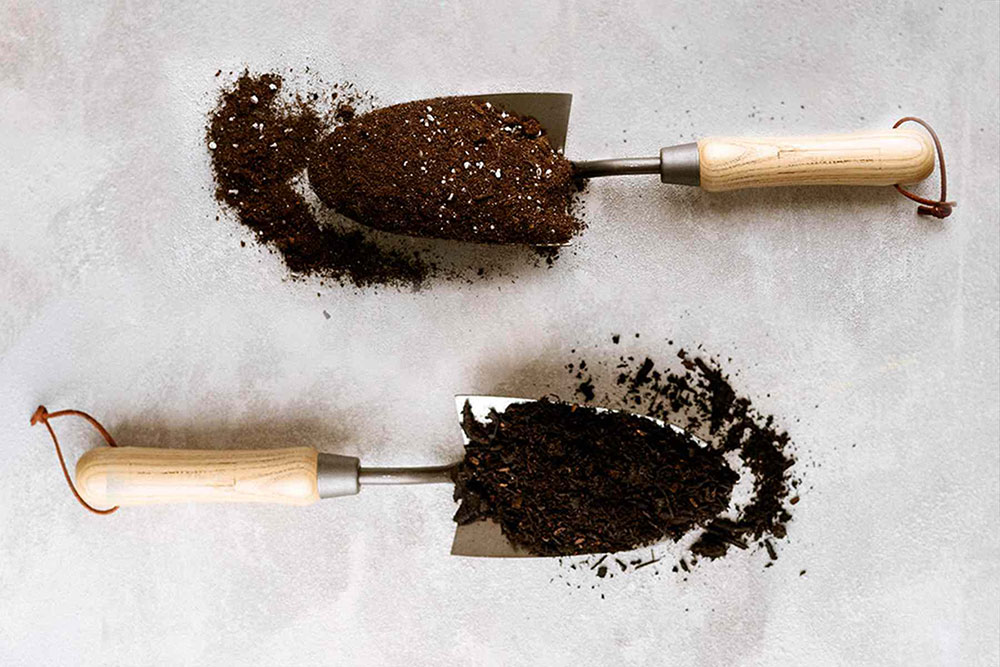
Garden soil provide various characteristics such as metals, salt content, and pH. High-quality potting soil can be controlled, while the potting soil mix is made to offer specific characteristics for specific activities. It is essential to know all the features of garden soil vs potting soil for future container plants.
When to use garden soil
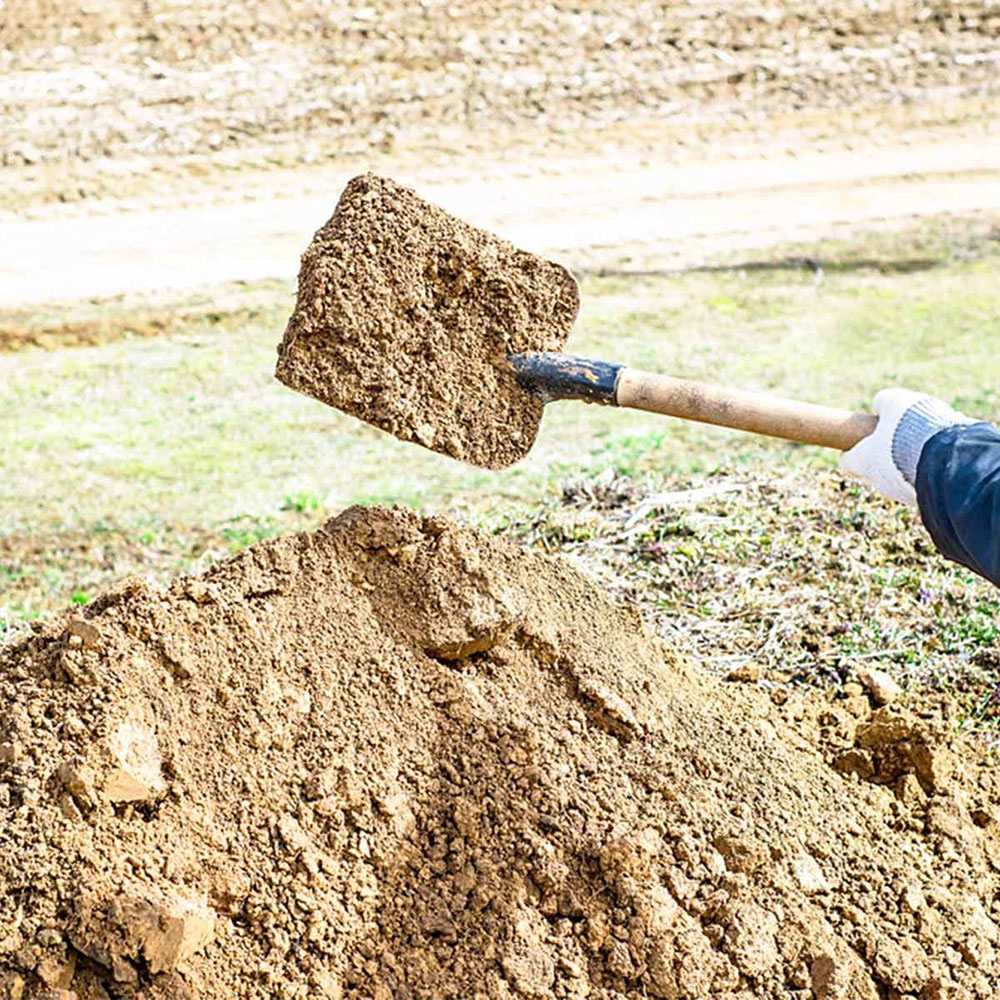
Garden beds are a great example of why the use of garden soil is logical. You can buy garden soil in mass at quite a lower price than the potting mix price. If you want great results, then the best thing to do is mix them up with compost or peat moss.
Garden soil is the perfect ingredient when you want to make at home potting soil. Make sure you add amendments and nutrients to make potting mix loose and light. The existent reason to use garden oil is maintaining moisture of fruits, plants, and trees. Another important reason is the produce of microbes existing condition to decay the organic materials.
If you decide to use garden soil, you can see that a laboratory soil test will tell you a lot about it before starting work with it. A laboratory garden soil test tells the soil’s pH, and other nutrient lacks. When knowing this information will help you to choose a proper soil fertilizer.
When to use potting soil
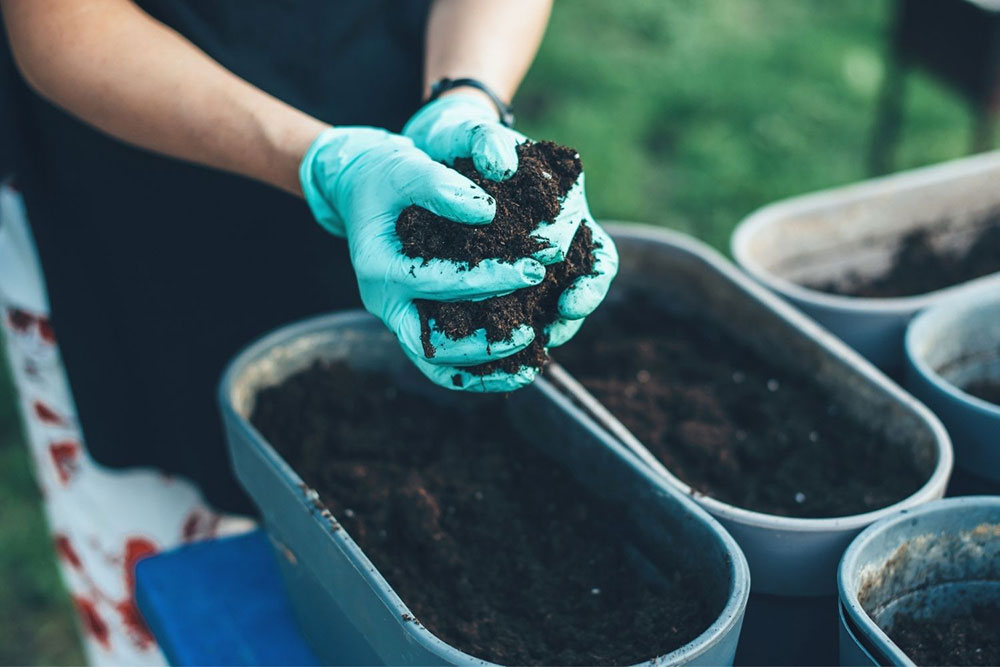
Various plants in container have distinct needs than plants in a natural situation. Same as garden soil, potting soil is utilized for plant life and vegetation growth. Still, they work differently for particular plants.
Use potting soil in all gardening indoor gardening activities because of the absence of living organisms and heavy soil minerals that really bother indoors. There is a compression of potting soil when you plant it in vessels and pots. This fantastic feature makes to use potting soil for plants’ roots.
Ending thoughts on the difference between garden soil and potting soil
You cannot find a wrong answer when using potting soils in your garden. It all depends if you will grow your plants indoors and outdoors, in a container or soil bed. Potting soil and garden soil vary in many characteristics. Keep in mind that both of them will assist your plants in thriving more healthily.
These potting soils are usually quite confusing. Potting soil is excellent for indoor purposes, while garden soil is perfect for outdoor garden activities. Those are activities such as growing houseplants, outdoor and indoor. To sum up, every soil is part of a gardener’s world, and you should tend to use them correctly for great results.
If you enjoyed reading this article about the difference between garden soil and potting soil, you should read these as well:

